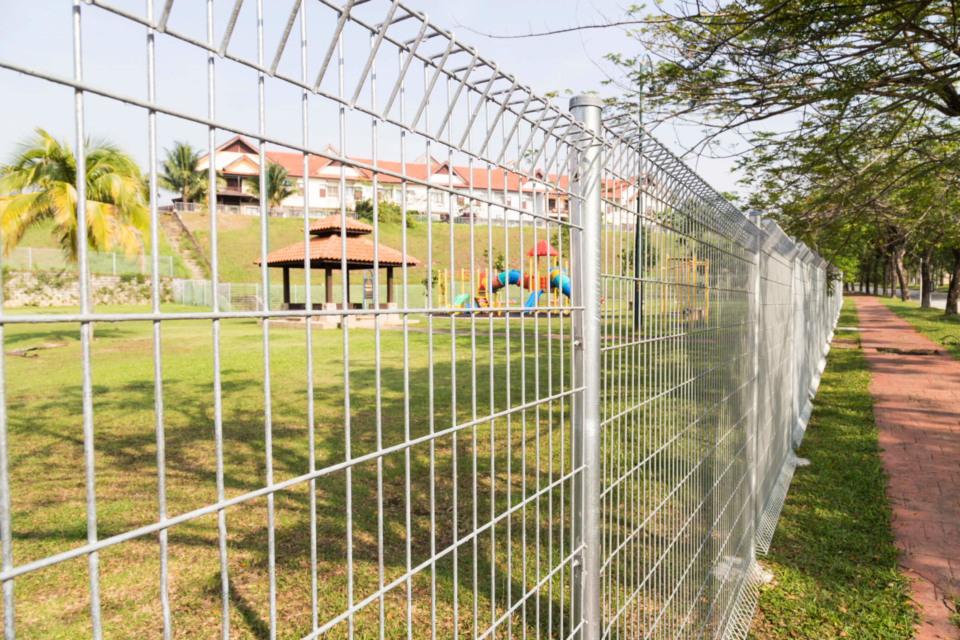In terms of time and money, farm or rural fencing in Perth is a big expense and is the most important purchase a farmer will make. Before digging into your pockets to purchase farm fences, it’s better to create a fencing plan that is legal and more effective. Without proper planning, your farm fencing may fail and you can see your flock of sheep nibbling the fruits of newly planted fruit trees and cattle grazing neighbours garden. So, it’s important to stick to a few strict legal rules to lay fencing for your field.
Important Laws and Regulations
There are many effective laws in different states to regulate ownership and control of livestock. Most of the laws state that it is the responsibility of the livestock owner to control his or her animals with adequate fencing. These fence laws define how to construct or maintain fences and brief about the responsibility of livestock’s owner in cases animals get out and cause damage. Certain local government laws also prohibits the use of certain types of fence like electric fences or barbed wire fences stating that installing them is illegal in towns and subdivisions since they may cause damage to livestock or property owners.
To Fix or Replace
If you are about to inherit your old fence, you might be in a dilemma of whether to fix it up or replace it. Firstly, inspect the existing fence because some old fences still have lots of life left in them, and with just a minor amount of repairs can provide years of service. Also, check whether the posts are rotting or falling over, rusting. If the posts are still strong and stout, then just tighten up the existing fence. But, if the fence wires are rusted and tend to break easily, replace them and lay a new fence by choosing from different farm fencing supplies in Perth.
Map It Out
It’s often recommended to map out your fencing project before starting the purchase of fencing supplies. An easy way to map your fence is to draw your fence project on grid paper showing roads, buildings, paddocks and significant natural features, such as heavy woods, ponds and rock outcroppings and more.
Fence Post Guideline
Here is a list of few guidelines to follow while choosing fence posts.
- The fence posts you choose should be strong and stout with one third of it buried deep into the ground.
- Post spacing should be between 8 to 12 feet.
- More concrete for PVC posts.
- Treat wood posts with preservatives before putting then in the ground.
Once you are done with the farm planning, begin pricing materials and comparing products to find the best supplies available in the market at affordable rates.


Leave a Reply
You must be logged in to post a comment